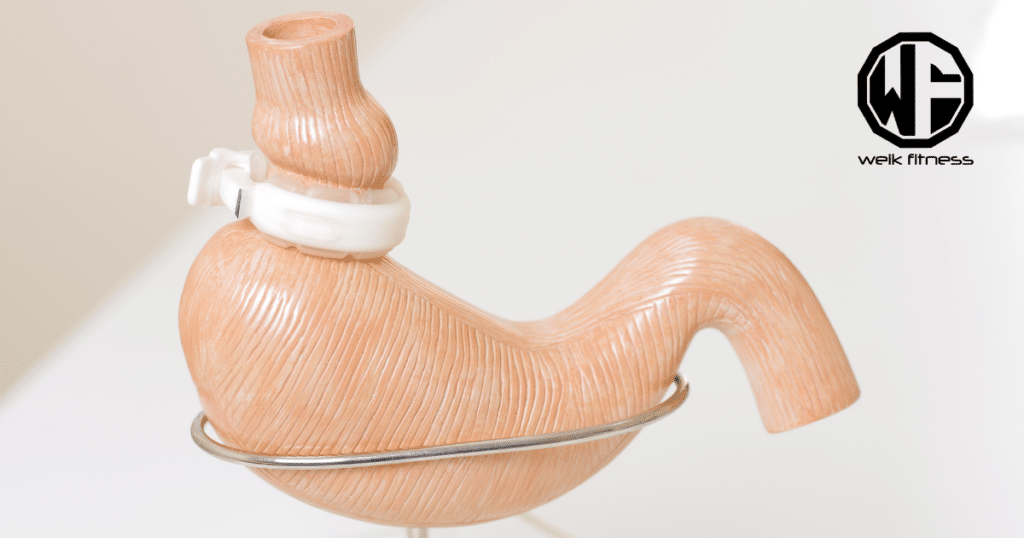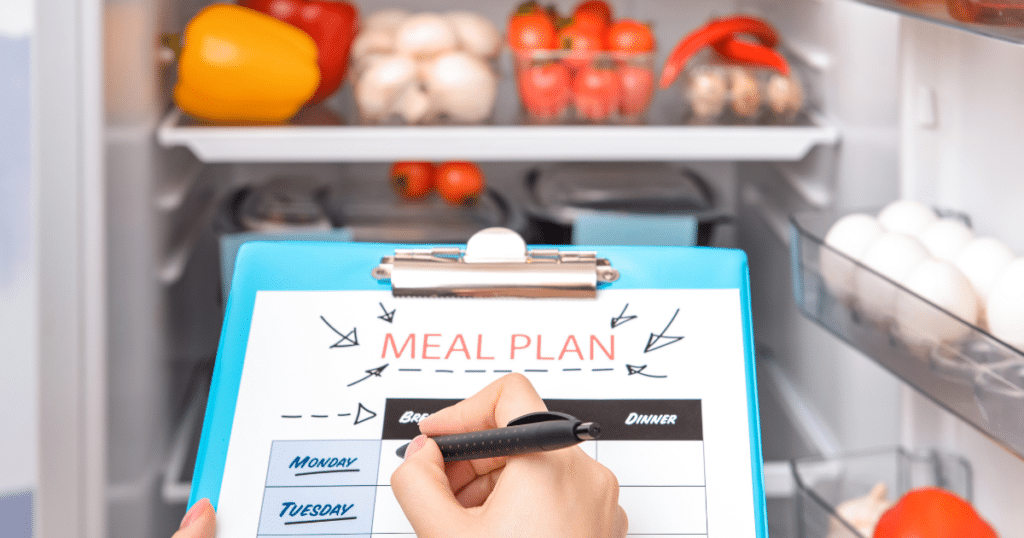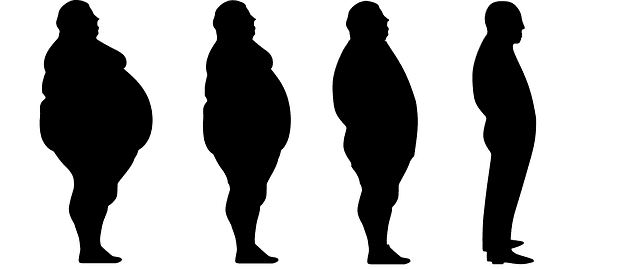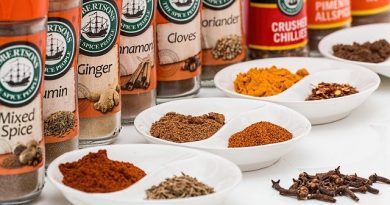The Importance of Nutrition for Bariatrics
Nutrition for bariatrics can be tricky. However, that doesn’t mean that it’s impossible.
Bariatric surgery is a powerful tool for taking back your life from obesity, a condition affecting nearly 40% of adults in the U.S. It’s a courageous step towards preventing debilitating diseases like diabetes, hypertension, and heart disease.
More than 270,000 people made this choice in 2023 alone, opting for a procedure that is remarkably safe, with a risk of major complications around 4%. But as a certified sports nutritionist with years of experience, I can tell you the surgery itself is just the beginning. The real, lasting success is unlocked by a lifelong commitment to a new way of eating.
Mastering the principles of nutrition for bariatrics is not just a recommendation, it’s the most critical part of your journey. This guide will break down exactly what you need to do, step-by-step, to fuel your body for incredible, long-term success.
Disclaimer: This article is for informational purposes only and is not meant to treat or diagnose any condition. It is recommended that you speak with your doctor before starting any exercise program, changing your daily nutrition, or adding any supplements to your regimen.
Table of contents
Key Takeaways
- Protein is Your Priority: Your primary focus after surgery should be consuming 60 to 80 grams of protein daily to preserve muscle mass and support healing.
- Hydration is Non-Negotiable: Aim for at least 64 ounces of sugar-free, non-carbonated, caffeine-free fluids daily, sipped slowly between meals.
- Vitamins are for Life: You will need to take specific bariatric-formulated vitamins for the rest of your life to prevent serious nutrient deficiencies.
- Eat Slowly and Mindfully: Your new stomach is small. Take at least 30 minutes to eat a meal, chew food thoroughly, and stop at the first sign of fullness to avoid pain and vomiting.
- Avoid Sugar and Starch: High-sugar and high-fat foods can trigger “dumping syndrome,” a common and unpleasant side effect, and can also lead to weight regain.

Changes to Nutrition for Bariatrics
Proper nutrition for bariatrics is your key to unlocking the full potential of your surgery. After the procedure, your body has been physically changed. Procedures like the gastric sleeve or gastric bypass permanently reduce the size of your stomach, which drastically limits how much you can eat. This isn’t just about eating less, it’s about making every single bite count.
Your focus must shift from high-calorie, low-nutrient foods to a diet centered on nutrient density. Studies have consistently shown that patients who closely follow post-surgical dietary guidelines achieve the most significant and sustained weight loss. Failing to adapt your nutrition can lead to severe complications, nutrient deficiencies, and weight regain.
Think of this as a complete lifestyle transformation, where you learn to fuel your body with precisely what it needs to heal, thrive, and maintain a healthy weight for good.
Related Article: Liver Shrinking Diet — Laparoscopic Bariatric Surgery Diet Plan
UCLA Health provides an excellent set of guidelines that align with what most bariatric programs recommend. While you must always follow the specific instructions from your surgeon and dietitian, the following stages give you a clear picture of what your nutritional recovery will look like.
*This article is for informational purposes only. Always seek the advice of your physician or other qualified healthcare providers with any questions you may have regarding your health or a medical condition. Never disregard professional advice because of something you have read here.
Guidelines: Nutrition for Bariatrics

1-2 Weeks Post-Op
The first two weeks are all about healing. Your new stomach is extremely sensitive, and your diet will be restricted to prevent any pressure on your staple lines. For the first day or two, you’ll only consume clear liquids.
Your main goal is hydration. You should aim to sip at least 64 ounces of fluid throughout the day. It’s critical to sip very slowly and avoid using a straw, which can introduce air into your stomach and cause significant discomfort.
- Approved Clear Liquids: Water, clear broth (chicken, beef, or bone broth), diluted sugar-free juice, and sugar-free popsicles.
- Full Liquids (after a few days): As you progress, your doctor will introduce full liquids. These are thin, smooth liquids like skim milk, light yogurt, and strained cream soups.
Protein intake starts now. Since you can’t eat solid food, liquid protein is essential. You can add unflavored protein powder to broths or use a ready-to-drink (RTD) protein shake designed for bariatric patients. Products like Lean Body RTDs are convenient because they are high in protein and low in the sugars you must avoid.
2-8 Weeks Post-Op
During this phase, you will transition to puréed and soft foods. The texture should be smooth, like applesauce or baby food. The cardinal rule is “protein first.” At every meal, you will eat your protein source before anything else to ensure you meet your body’s needs for healing and muscle preservation.
Pro-Tip: Your meals will be tiny, likely only 2-4 tablespoons at a time. Eat very slowly, taking at least 20-30 minutes for each small meal. Chew every bite thoroughly until it is a puréed consistency before swallowing.
Excellent soft protein sources include:
- Scrambled eggs or egg substitutes
- Greek yogurt
- Cottage cheese
- Flaky fish like tuna or salmon (canned and mashed)
- Lean ground meats like chicken or turkey
- Tofu
Continue using protein powders and shakes to meet your daily goal of 60-80 grams. Avoid starchy, sticky foods like bread, rice, and pasta, as they can swell and block your small stomach pouch.

2+ Months Post-Op
After about two months, you can gradually begin introducing more solid foods with texture. The core principles of your new lifestyle remain the same: protein first, small portions, and chewing thoroughly. Your meals should still take around 30 minutes to finish.
A crucial habit to master now is not drinking fluids with your meals. Wait at least 30 minutes after eating to drink anything. This prevents you from washing food through your stomach pouch too quickly, which can make you hungry sooner, and it saves precious space for nutrient-dense foods.
You may find you have new food intolerances. Many patients struggle with dry meats (like chicken breast), red meat, bread, and pasta for many months, or even permanently. Listen to your body and introduce new foods one at a time to see how you tolerate them. Keep your diet low in sugar, fat, and calories, and completely avoid alcohol and carbonated drinks.
How to Supplement Nutrition for Bariatrics

Because your surgery alters how your body absorbs nutrients, lifelong vitamin and mineral supplementation is not optional, it’s essential for your health. Standard over-the-counter multivitamins are not sufficient. You need to use products specifically formulated for bariatric patients to prevent serious and potentially irreversible health issues like anemia, osteoporosis, and nerve damage.
Your surgical team will give you a precise regimen, but it will almost certainly include these key nutrients:
- Specialized Multivitamin: Brands like Bariatric Advantage, Celebrate Vitamins, and Bariatric Choice create multivitamins with higher doses of the specific nutrients you need.
- Calcium Citrate: This form of calcium is more easily absorbed than others and is vital for bone health. You will likely need 1,200-1,500 mg per day, taken in divided doses.
- Vitamin D: Crucial for calcium absorption, a typical recommendation is at least 3,000 IU daily.
- Vitamin B12: Since B12 absorption is significantly impaired, you’ll need a high-dose sublingual (under the tongue) or injectable form.
- Iron: Iron deficiency anemia is a common complication. Your multivitamin should contain iron, and you must take it at least two hours apart from your calcium for proper absorption.
Your doctor will monitor your lab work regularly to adjust your supplement doses. Following their recommendations is the best way to keep yourself healthy and strong for years to come.
Frequently Asked Questions About Bariatric Nutrition
Why is protein so important after bariatric surgery?
Protein is vital for several reasons. It helps your body heal from surgery, preserves lean muscle mass while you’re losing fat, and helps you feel full and satisfied after meals. The American Society for Metabolic and Bariatric Surgery (ASMBS) recommends a minimum of 60 grams per day, but many programs suggest aiming for 80 grams or more.
What is dumping syndrome?
Dumping syndrome happens when food, especially sugar and high-fat items, moves from your stomach into your small intestine too quickly. This “dumping” triggers symptoms like nausea, cramping, sweating, dizziness, and diarrhea. It’s an unpleasant but powerful biological feedback mechanism that helps you learn to avoid unhealthy foods.
Can I ever eat “normal” food again?
Yes, but your definition of “normal” will change. Over time, you will be able to eat a wide variety of healthy foods in small portions. Many patients find that they can enjoy modified versions of their old favorites. However, some foods, especially those high in sugar and fat or certain textures like doughy bread, may cause discomfort or dumping syndrome permanently.
Do I really have to take vitamins forever?
Absolutely. Bariatric surgery permanently alters your anatomy and reduces your ability to absorb key vitamins and minerals from food alone. Stopping your prescribed bariatric supplements can lead to severe, long-term health complications. Think of them as a non-negotiable part of your daily routine for life.
Sources:
- https://renewbariatrics.com/bariatric-surgery-statistics/
- https://www.uclahealth.org/departments/surgery
*This article was written for and sponsored by Labrada Nutrition


*Disclosure: This article may contain affiliate links or ads, which means we earn a small commission at no extra cost to you if you make a purchase through these links. These commissions help support the operation and maintenance of our website, allowing us to continue producing free valuable content. Your support is genuinely appreciated, whether you choose to use our links or not. Thank you for being a part of our community and enjoying our content.
PLEASE CONSIDER SHARING THIS ON YOUR SOCIAL MEDIA TO HELP OTHERS LEARN MORE ABOUT THIS TOPIC.





